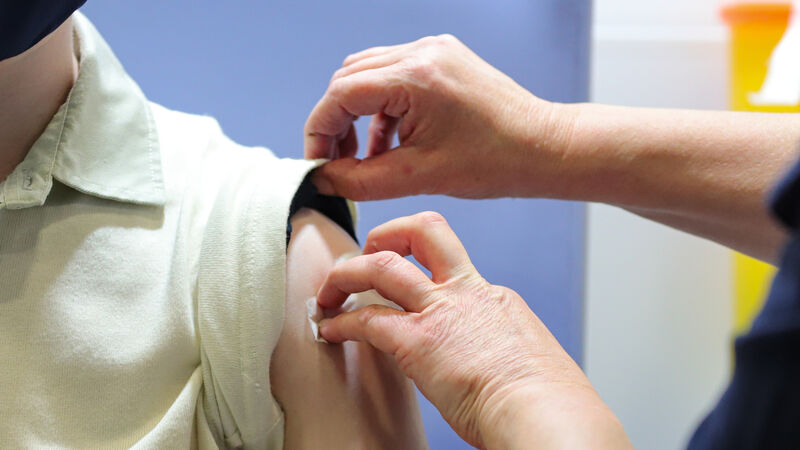Vaccine hesitancy rife among pregnant women, with just 30% uptake

Since September, the World Health Organisation has said vaccines are safe throughout pregnancy. Picture: File Image.
Changing guidelines have left many pregnant women vaccine-hesitant with only a 30% uptake in Ireland.
The low uptake has prompted concern as up to 10% of Covid-patients in ICUs since June were pregnant, according to the Intensive Care Society, and the Institute of Obstetricians and Gynaecologists.













